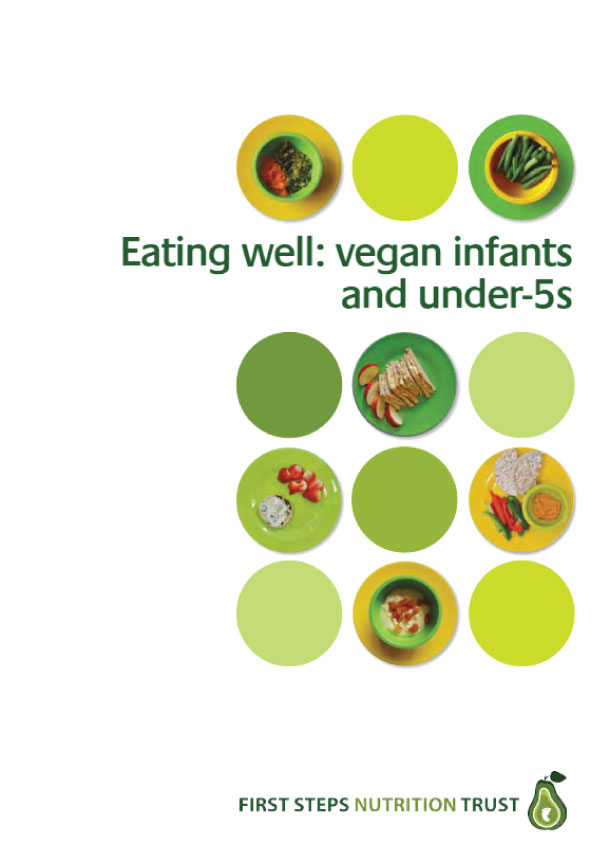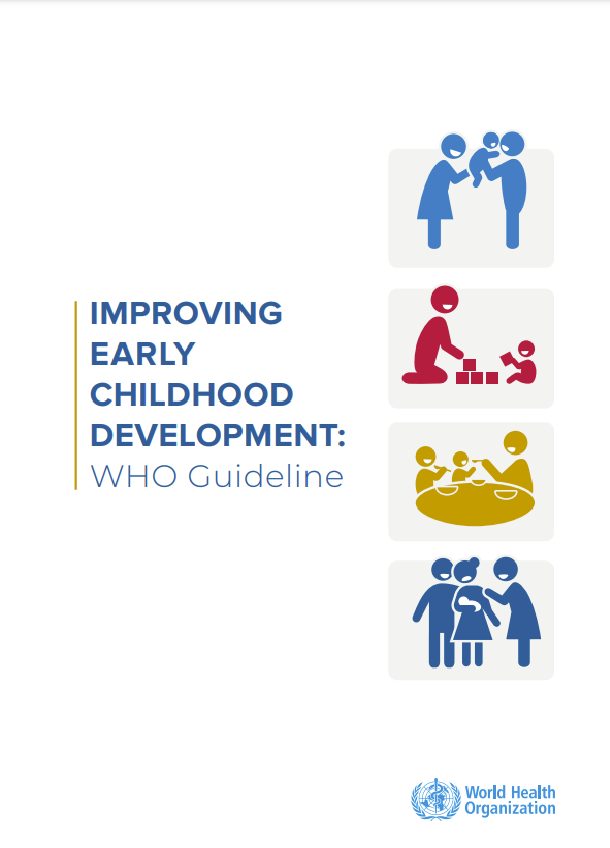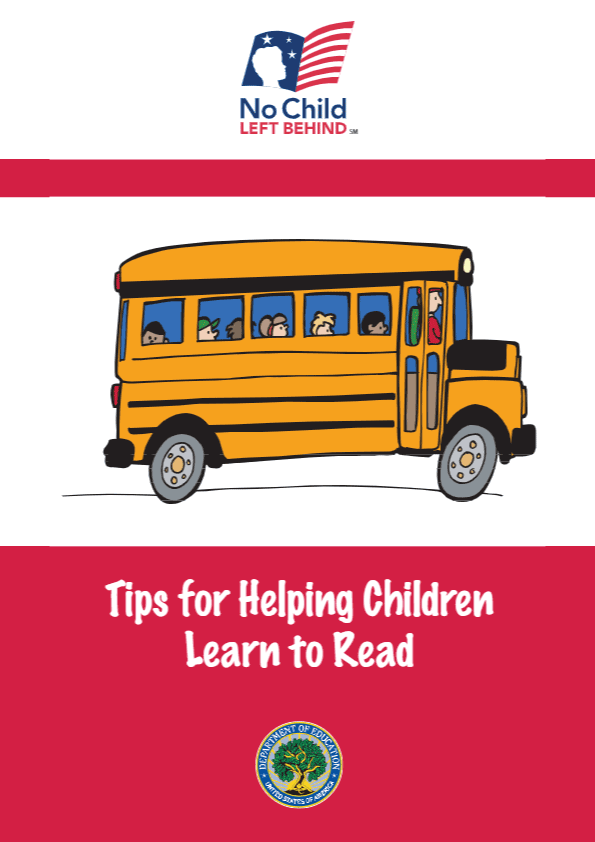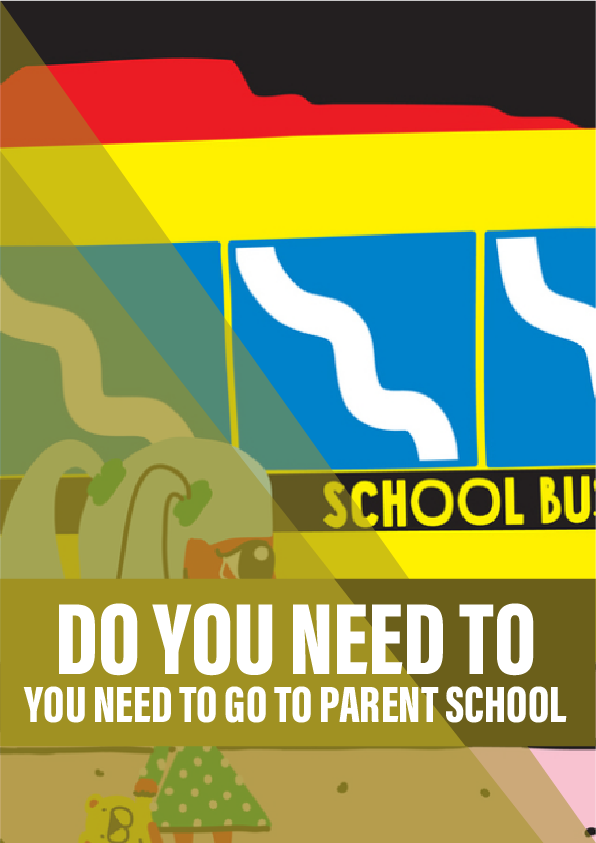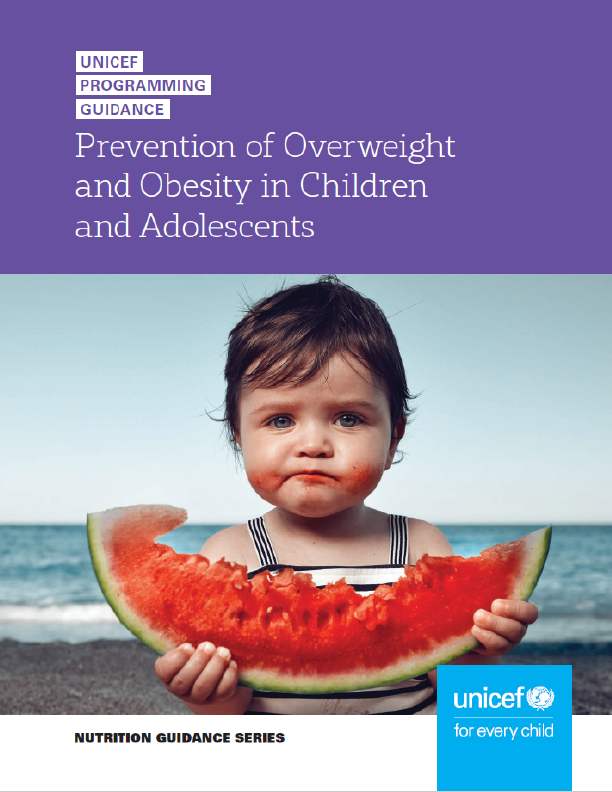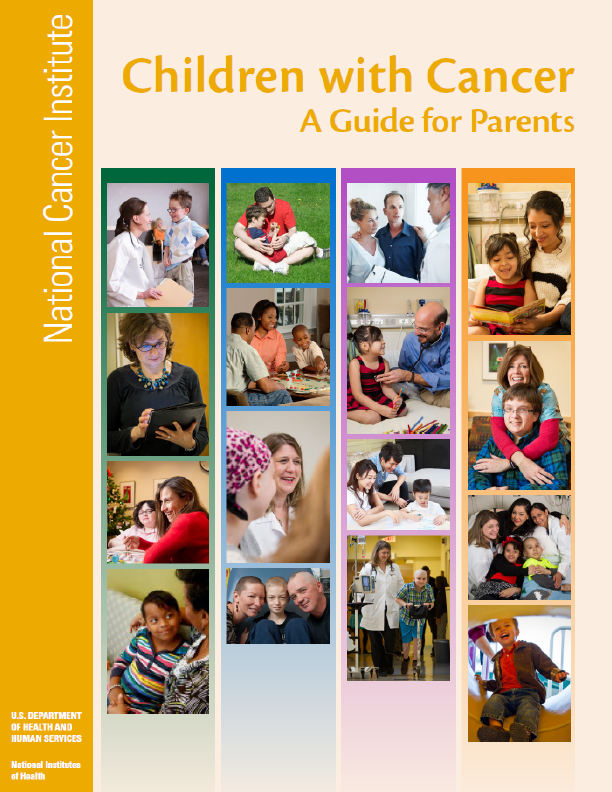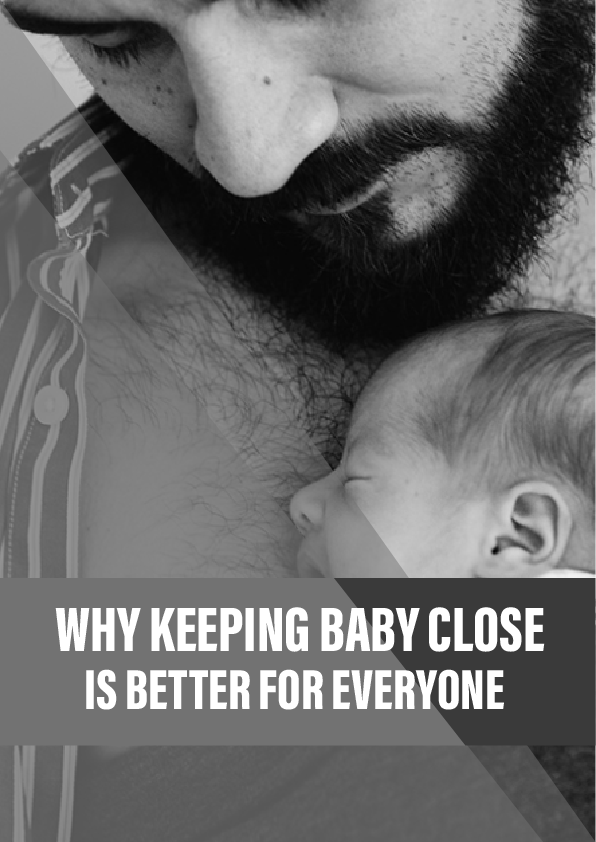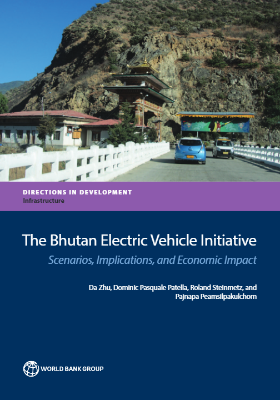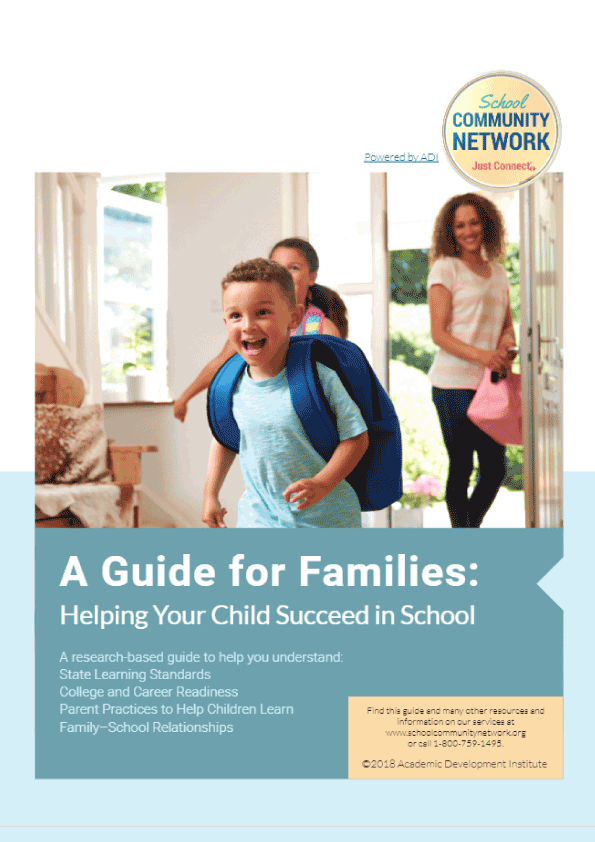This resource shows the sorts of foods, and amounts of foods, that can help meet the nutritional needs of vegan infants and children aged from 6 months up to 5 years in the UK.
Why have we produced this resource?
This visual resource illustrates how the dietary needs of vegan infants (from 6 months to 1 year) and children aged 1-4 years can be met, alongside following appropriate advice about supplementation. Infants and young children need enough energy (calories) to grow and be active, and enough nutrients (protein, fat, carbohydrate, vitamins and minerals) to ensure that they remain healthy, fight infections, can be active and learn effectively. Experts have calculated the amount of energy and the amounts of individual nutrients that they think infants and young children in different age groups need. These are known as ‘dietary reference values’. This resource gives information on how these dietary reference values for infants and 1-4
year olds can be met in practice, and the sorts of foods and amounts of food that vegan children could be offered in early years and other settings.
Can a vegan diet meet the nutritional needs of infants and children?
In developed countries like the UK where food is plentiful and there is a wide range of options available to ensure a complete diet, it is perfectly possible for infants and children to get all the nutrition they need from a vegetable-based diet alongside appropriate supplements, but it does take thought and planning. Some essential nutrients are provided primarily by animal foods in typical UK diets and therefore vegans must make sure they have adequate amounts of some unique foods that supply these nutrients, or choose fortified foods or supplements. We provide information on this in this resource.
Whilst we do not have a clear statement in the UK about vegan diets for infants and children, the NHS suggests:
“If you’re bringing up your baby or child on a vegan diet, you need to ensure they get a wide variety of foods to provide the energy and vitamins they need for growth.”
Other countries have provided more clarity. For example, the Academy of Nutrition and Dietetics and American Academy of Pediatrics have a statement that:
“Well-planned vegetarian and vegan eating patterns are healthy for infants and toddlers.”
Vegan diets can be safely given to infants and children providing that care is taken that all
nutritional needs are met. Parents and careers will benefit from advice from a health professional and should be particularly encouraged to seek guidance if using specialist vegan supplements of vitamin drops, to ensure the dosage is correct. Advice is also available from The Vegan Society (see page 128). Information on how to access additional support can be found in the Resources section on page 128.
Children who avoid dairy foods or eggs
Some children may need a dairy-free diet or a diet that avoids eggs, because of an allergy to a specific animal protein, or because they are lactose intolerance. All the recipes in this book are particularly suitable for infants and children on dairy-free and egg-free diets and of course, for vegetarian children or those who might avoid some foods or ingredients for religious or cultural reasons. Providing vegan food for groups of children when some are on special diets enables similar meals to be enjoyed by all the children together.
How do we define ‘vegan’?
A vegan is usually defined as someone who eats only a plant-based diet. Vegans generally eat no meat, fish or other substances that come directly from killing an animal or from agricultural practices which lead to unnecessary death or suffering of any animal. Vegans do not eat dairy products such as cows’ (or other animal) milk or milk products such as cheese and yoghurt, eggs or foods containing eggs, honey, any foods which contain gelatin or animal fats, or products fortified with vitamins that have come from an animal source (for example, vitamin D which is added to some foods and drinks, and which usually comes from sheep wool lanolin).
Some people may be vegan for ethical or environmental reasons and some may choose a vegan diet for health reasons. Some people may also be vegan for reasons associated with culture or religion, and may have other foods they also avoid. For example, some Rastafarians are vegan and may also avoid some processed foods and canned foods. People who choose a vegan diet may have different foods and drinks they accept or avoid, so it is important always to ask families what they do and don’t choose to eat. In this resource we define vegans as those eating no animal products, including honey, and as avoiding any product that may have any addition or additive associated with animal husbandry.
